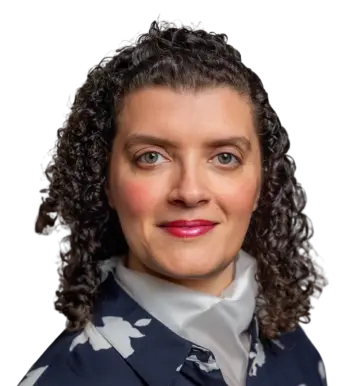At some point in life we all have to face the heartache of losing someone, or something, we care deeply about. And no matter how prepared we thought we would be, we can find ourselves overwhelmed. It can feel like our grief will never end, or we will never be the same. Bereavement counselling can be a tremendous help.
Is grief counselling worth it?
Grief counselling is a safe and confidential space to say anything you've been thinking and feeling without the fear of feeling judged, or like you are letting anyone down if those around you rely on you to be the 'strong' one. And it's a place to feel fully understood, which can be a great relief if friends and partners haven't yet gone through grief yet and can't understand or support you well, or family members are experiencing a loss differently than you. And your grief counsellor can also help you learn coping tools to manage your moods and keep going on hard days.
The seven stages of grief
The seven 'stages of grief' is a popular theory that we experience a loss we go through shock, denial, anger, bargaining, depression, acceptance, then processing. But it is only a proposed model, and how you go through grief will be unique to you.
Some people experience only some of the stages the model, or go through things in a very different order. For some people grief even manifests more as physical symptoms, like exhaustion, headaches, unexplained pain, and constant colds an flu.
What therapy approach is best for grief?
Popular talk therapies for grief include cognitive behavioural therapy (CBT) and acceptance and commitment therapy (ACT). CBT works to help you turn your negative thinking into more balanced and helpful thoughts that are less likely to send your moods spiralling. ACT helps you to recognise the difference between what you can and can't change, accept what is outside of your control, and make positive steps forward where you can.
At Harley TherapyTM every therapist is an integrative therapists, meaning they have trained in several types of talk therapy and can target your therapy to best suit you.
How long should you wait for bereavement counselling?
In general, people seek counselling for loss within a few months after a bereavement, when they are struggling to move through their grief. But some people end up seeking therapy for bereavement years after the fact. So it's really up to you when you seek bereavement counselling, and it's never too late.
Grief therapy in London
At Harley TherapyTM you can relax knowing you are in safe hands. All therapists have at minimum ten years of experience, are fully registered and accredited, and trained at top institutions. Most of all they are passionate about helping you.
As well as our lovely main offices on Harley Street, we have comfortable rooms at London Bridge and at Liverpool Street, and can also offer grief counselling online. Call us now to talk about what we offer, or book an appointment online.
Is what I feel normal? Symptoms of grief and loss
Symptoms of grief and loss can look like:
- shock/ disbelief (this can't be happening)
- numbness (thinking you've escaped grief as you feel nothing at all)
- denial (re-enacting activities like nothing has changed, calling their phone)
- mood swings and anger (feeling it's not fair, blaming others)
- bargaining (trying to make a deal with yourself or God over your pain)
- guilt (feeling it's your fault, or it should have been you instead)
- depression (lack of motivation, social withdrawal, can't see a purpose to life)
- anxiety (feeling like life is dangerous, or irrational fears others around you will now die)
- changes to sleeping and eating patterns
- physical pain (headaches, muscle tension, constant colds).
I didn't lose a loved one so why do I have symptoms of grief?
It is not just the death of a loved one that can benefit from bereavement counselling. It can be that you have lost a way of living, a community, a country through war, or a long-held job that gave you a sense of identity. Grief can in some cases also be triggered by losing a deeply valued object, such as losing an heirloom.
How can a therapist help me work through grief?
Your bereavement counsellor will listen to what you have to say with all of their attention, asking careful questions that can help you understand more of what you are thinking and feeling. Together you can look at how you might better cope in the face of grief, and use tools to manage your thinking and emotions. The goal is to help you feel yourself again despite your loss, and to recover a sense of purpose even though your life has now changed.
View the Experts
How to book your appointment
Call us now on 0345 474 1724 OR book online
All practitioners are qualified and accredited with reputable professional associations.
Issues for Grief Counselling
- passing of a loved one
- life-changing loss/injury
- redundancy
- moving country
- forced to leave home country
- surviving conflict/natural disaster
- end of a major relationship
- children moving away
- loss of an important item.
Meet the Experts
Enquiry Form
To make an enquiry, please fill in this confidential form. Our dedicated administrators will review your needs and get back to you as soon as possible.






